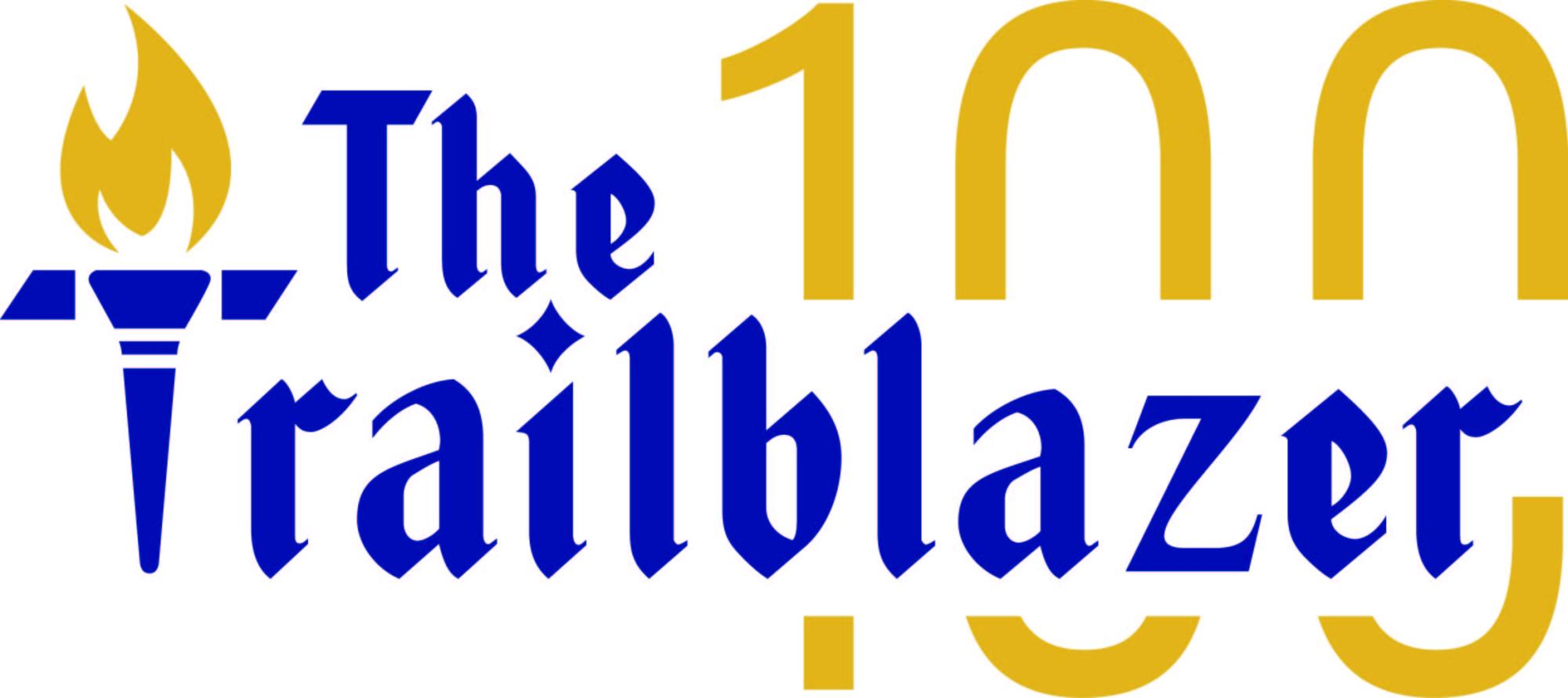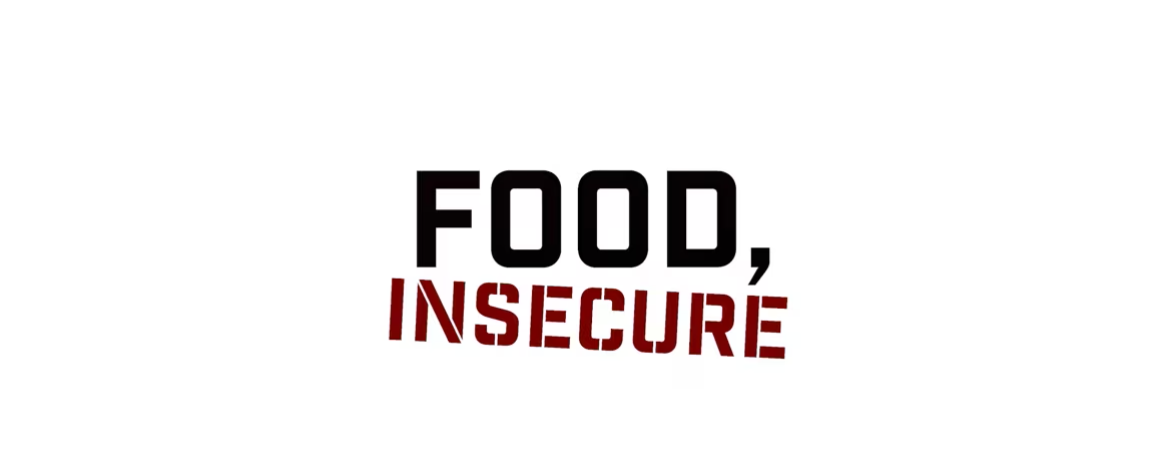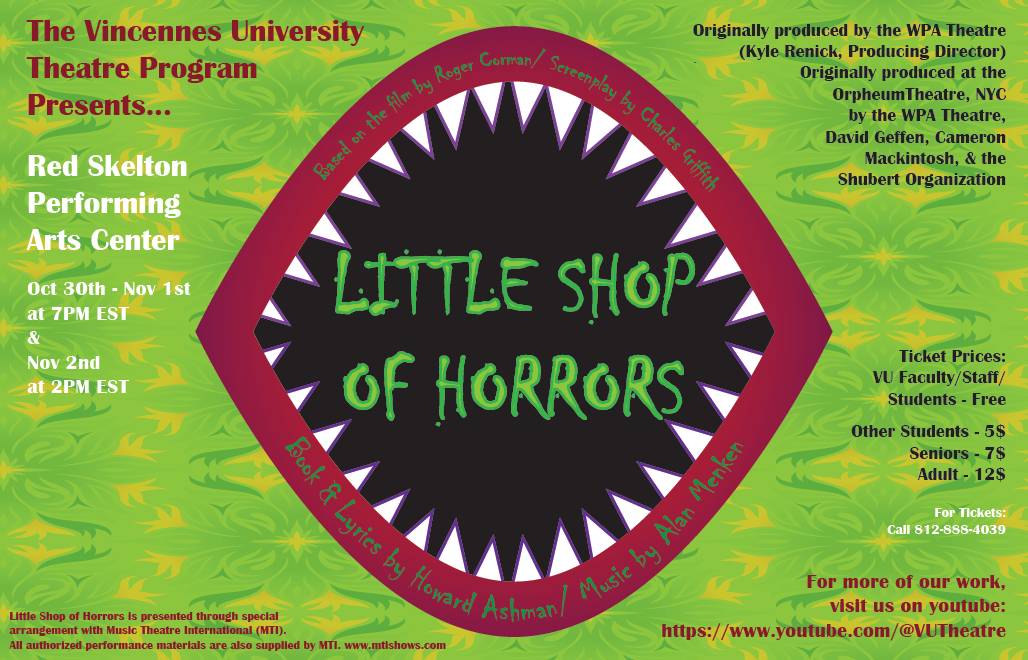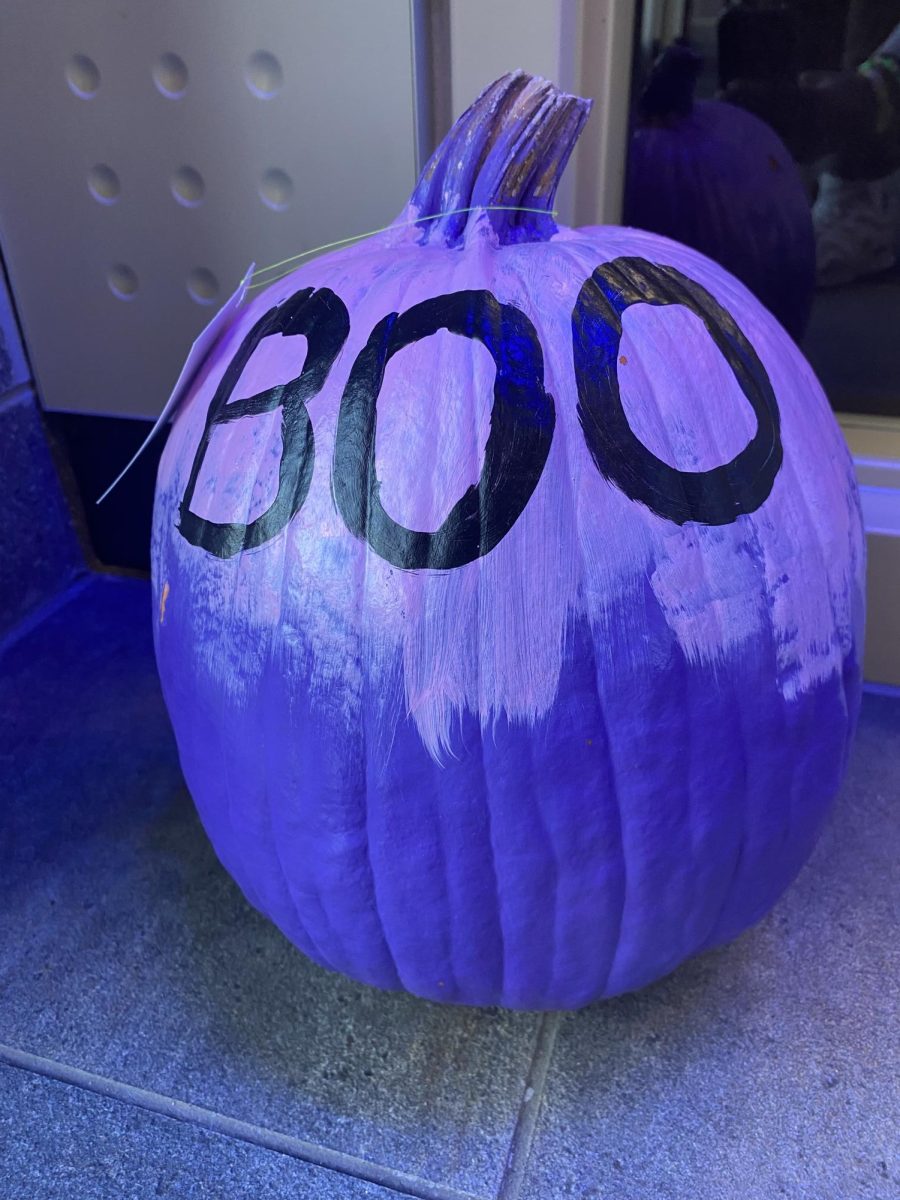Food insecurity is a concern Vincennes University aims to address with community conversations.
On March 27, the United Way of Knox County and the VU Humanities Film and Lecture Series hosted a free viewing of Food, Insecure, a 30-minute documentary made by the Indiana Working Hungry Project.
Students, faculty and community members joined together in the Shircliff Theatre to watch the documentary and, afterward, engage in conversation to address the concerns and solutions it presented.
According to the documentary, 15% of Hoosier children go hungry, and 700,000 Hoosiers are food insecure.
“I grew up in Detroit and you can see [homelessness and food insecurity]. In places like Vincennes, oftentimes you don’t see it, but it’s there,” said Tyson Sims, associate professor of English at VU.
“For many people it’s shameful because they don’t see it as a systemic issue, and they don’t feel safe enough to talk about it, which is part of why we’re here tonight,” he said.
According to the Office of Disease Prevention and Health Promotion (ODPHP), food insecurity is defined as “a household-level economic and social condition of limited or uncertain access to adequate food.”
In 2020, 13.8 million households experienced food insecurity.
It may be influenced by multiple factors, such as income, employment, race/ethnicity and disability. Officials with ODPHP also said, “food insecurity does not necessarily cause hunger, but hunger is a possible outcome of food insecurity.”
“We have to talk to each other about what we’re seeing because it’s getting worse for various reasons,” said Lisa Ritterskamp, a client services manager at Pace Community Action Agency.
Organizations like Pace, Helping His Hands, and Sandy’s Pantry are among some of the resources currently available in Knox County that help provide food to those in need.
“There is no shame in asking for help,” said Ritterskamp. “Please contact us because we know all the resources, and we have their information.”
The Legacy Club, VU’s Black Student Union, also participated in the event’s post-film conversation, challenging themselves to do more community service to help with the food insecurity and homelessness happening in Knox County.
Social work major and Legacy Club member Kennedy Lubi said, “I think this is an important topic not only for college students, but elementary schools should be showing this documentary as well.”
Some students have come forward about VU’s Tecumseh Dining Center and the alleged short hours offered during the day not being enough to meet the campus need, but also that some students don’t have access to it at all because of financial aid issues.
“I have to pay for my own food because they aren’t open when I get off of work,” said Lubi. “I feel as if their Simply To-Go room should be (open) longer hours so that students can have more access to it.”
During the community conversation, Sims recalled having a student with whom he could visibly tell something wasn’t right, and after asking the student directly, he found out that the student had not eaten in almost two weeks due to not having access to TDC.
“I wish there was some way that we could address this issue on campus for our students,” he said. “Perhaps there are more creative ways to address that issue because it ties into other mental health issues if you’re not getting the proper nutrition.
“We need to have a system and structure on campus that supports students physically, spiritually, and mentally,” he said.
Despite little access to TDC, VU advertises Sandy’s Pantry, which allows students to come once a month to grab food items they may need.
“I think VU faculty, staff and students have always been supportive of the various food bank programs going on around Knox County,” said Sims, “but I believe that it’s about making more people aware and (finding out) how we can help further.”
According to ODPHP, more research is needed to better understand food insecurity and its influence on health outcomes and disparities; Ritterskamp, though, believes that a little more grace could go a long way.
“When you receive help, it makes you want to give back, and we need more of that in our world,” she said.



